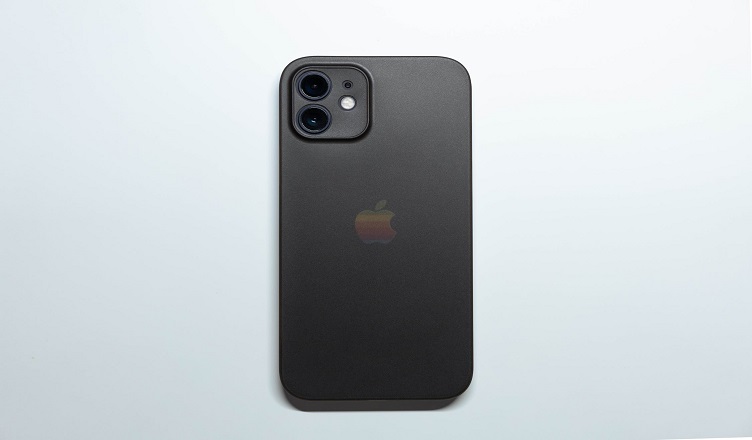There are many reasons why someone might choose an iPhone over other smartphones. Here are a few possible reasons:
Table of Contents
Design
iPhones are known for their sleek and sophisticated design, which many people find appealing.
User experience
Apple has a reputation for creating user-friendly interfaces that are easy to navigate, which can be attractive to people who want a smartphone that’s easy to use.
App ecosystem
The App Store is one of the largest and most diverse app marketplaces available, with millions of apps that cater to a wide range of interests and needs. Many companies are designing apps for iPhones because of its popularity.
Integration with other Apple products
If you own other Apple products, like a Mac or an iPad, having an iPhone can make it easier to integrate and sync your devices.
Security and privacy
iPhones are known for their strong security features and privacy protections, which can be important for people who are concerned about data breaches and cyber threats.
Ultimately, the decision to choose an iPhone depends on a variety of factors, including personal preference, budget, and the specific features and capabilities you’re looking for in a smartphone.
Why iPhone is bad?
It’s easy to be swayed by Apple’s clever marketing and sleek designs, but the iPhone is far from perfect. In fact, there are several reasons why the iPhone can be considered a bad choice for some users. Here are a few of the main reasons:
Limited customization
Apple’s iOS operating system is notoriously restrictive when it comes to customization. Unlike Android, which allows users to customize everything from the home screen to the default apps, the iPhone only allows users to change the wallpaper and rearrange apps. This can be frustrating for users who want more control over their devices.
High cost
The iPhone is one of the most expensive smartphones on the market, with prices starting at $699 for the latest model. While Apple’s devices are known for their quality and durability, the high cost can be a barrier for many users, especially those on a tight budget.
Proprietary charging and accessories
Apple’s Lightning charging port is proprietary, meaning users can’t use third-party chargers or accessories without an adapter. This can be inconvenient for users who want to use their own chargers or accessories, or who need to replace a lost or broken charger.
Lack of expandable storage
Unlike many Android devices, the iPhone doesn’t have a microSD card slot for expandable storage. This means users are limited to the amount of storage built into the device, which can be a problem for those who take a lot of photos, download large apps, or store music and videos on their phones.
Planned obsolescence
Apple has been accused of designing its devices to become obsolete after a few years, forcing users to upgrade to newer models. This can be frustrating for users who want to keep their device for longer than a few years, or who don’t want to shell out hundreds of dollars every time a new model is released.
While the iPhone has its advantages, it’s important to consider these drawbacks before making a purchase. For users who value customization, affordability, and expandable storage, an Android device may be a better choice. Ultimately, it comes down to personal preference and priorities.
Hemant is Digital Marketer and he has 6 + years of experience in SEO, Content marketing, Infographic etc.
